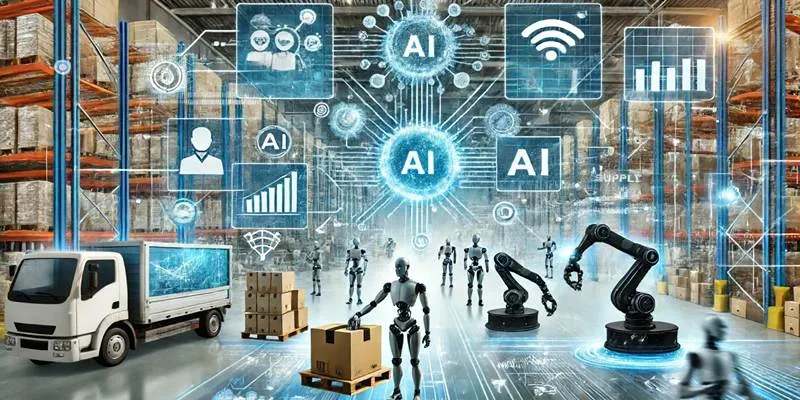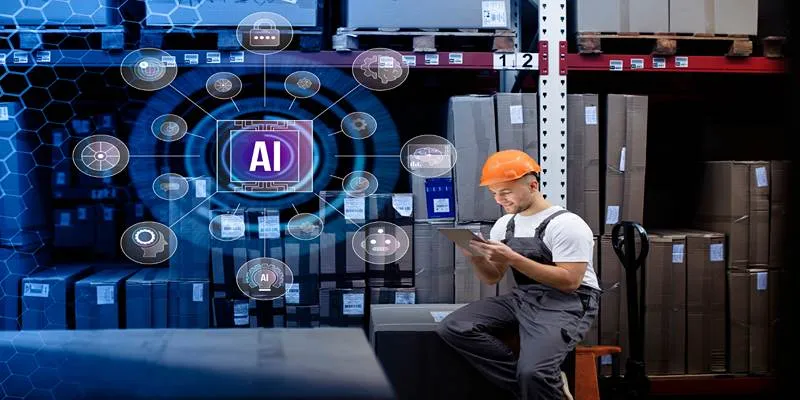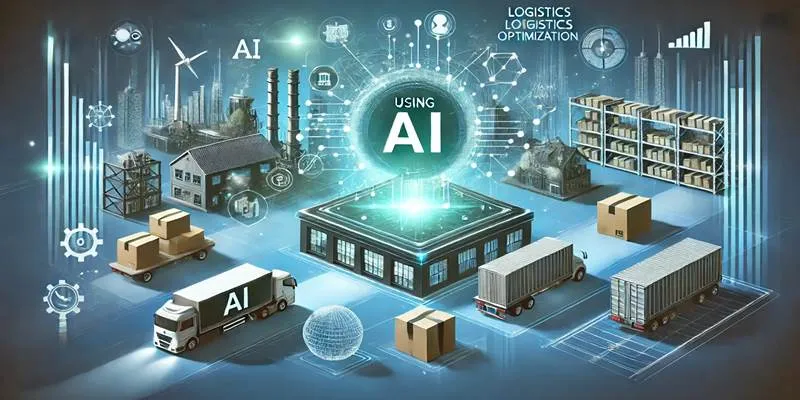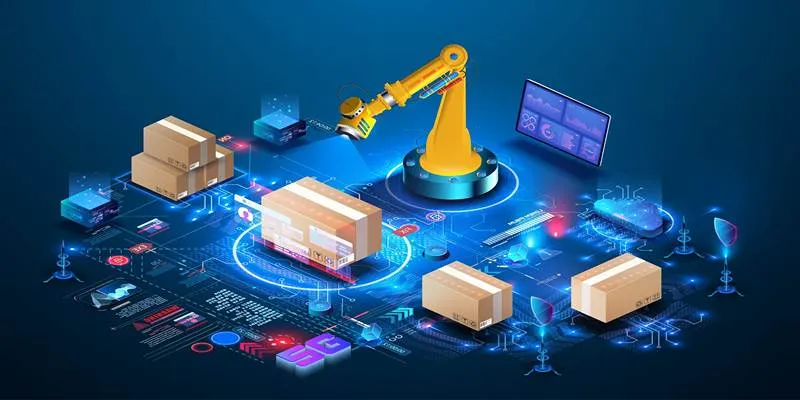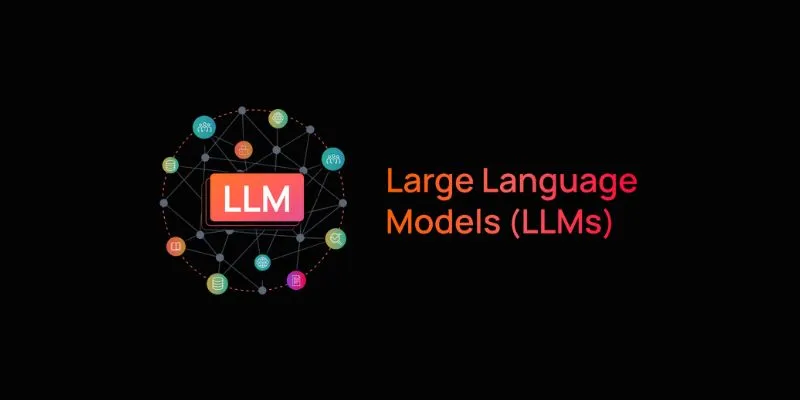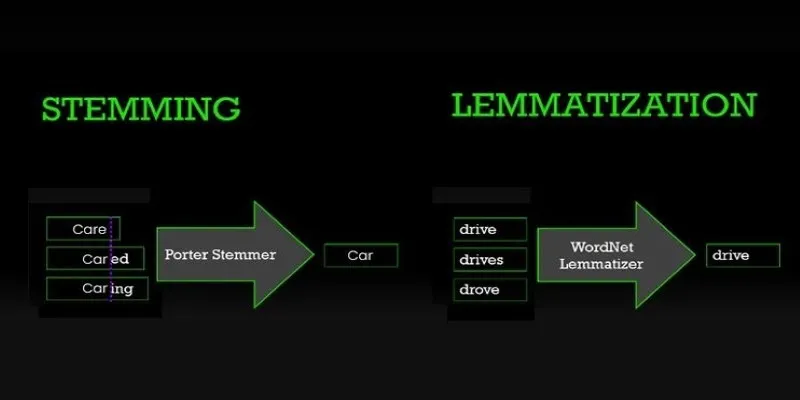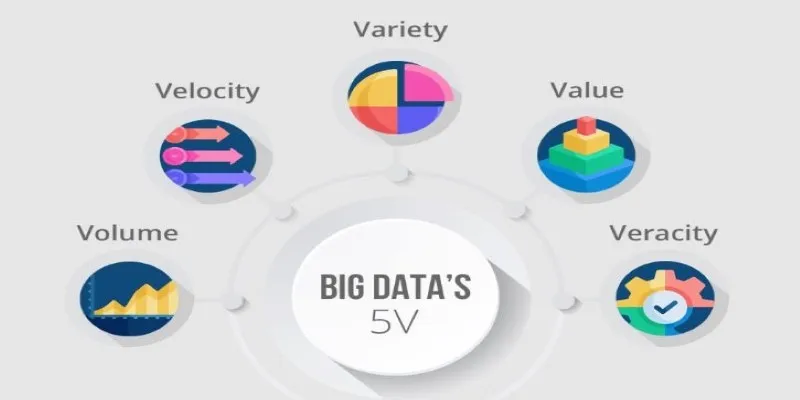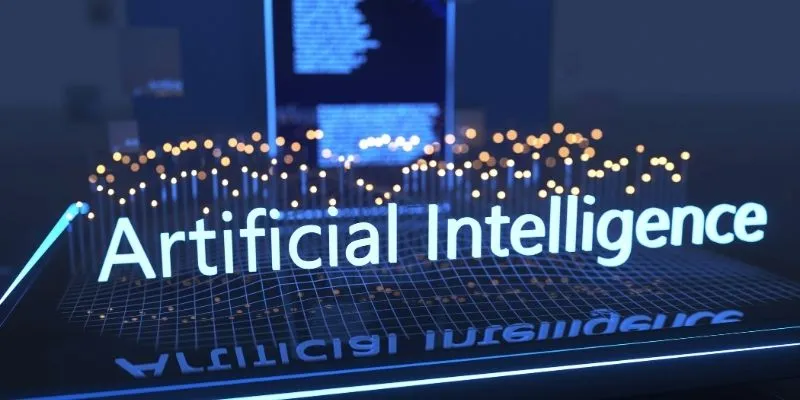Georgia Tech is stepping into a new chapter by integrating artificial intelligence (AI) into supply chain management. This initiative addresses the need for smarter, more flexible systems to keep up with today’s unpredictable world. Instead of outdated models, Georgia Tech is focusing on training students, collaborating with industry, and developing research to apply AI to real supply chain challenges. From improving efficiency to anticipating disruptions, the university is aligning education and technology in practical ways, preparing individuals and businesses for informed decision-making in an interconnected economy.
Why Supply Chains Need AI Now
In the past decade, global supply chains have faced mounting pressure from trade disputes, port closures, natural disasters, and notably, the pandemic. These events have highlighted the fragility of logistical networks. Traditional supply chain management methods often fail because they rely on historical data and static forecasting, struggling to adapt to unexpected disruptions or rapid changes in customer behavior.
AI has the potential to transform this by processing enormous amounts of real-time data, enabling supply chains to adapt quickly. It can detect patterns in purchasing, shipping, and external signals like weather or political events, predicting what’s next. Machine learning models can suggest alternative suppliers, redirect shipments, or adjust production schedules before problems escalate. Georgia Tech’s focus on integrating AI into supply chain education and research aims to develop smarter, more resilient networks for modern commerce.
How Georgia Tech Plans to Integrate AI
Georgia Tech’s approach extends beyond adding new courses. The university is embedding AI into its supply chain programs at every level, from undergraduate classes to advanced research and corporate outreach. Students will learn to apply data-driven tools to everyday supply chain decisions, merging technical skills with operational knowledge.

Predictive analytics is a key focus, helping companies forecast demand more accurately by analyzing diverse data, including consumer sentiment, seasonal trends, and logistics performance. This prevents overstocking or running out of products during demand fluctuations.
Another priority is automating routine decisions. AI can manage repetitive tasks such as assigning shipments to carriers or balancing inventory between distribution centers, allowing managers to focus on strategy and long-term planning.
Georgia Tech is expanding collaborations with companies in transportation, retail, and manufacturing. These partnerships allow students and researchers to test and refine AI models in real operational settings, ensuring practical, effective, and ready-to-implement tools. This connection between academic research and business needs provides students with unique insights into how AI can solve pressing supply chain problems.
The Role of Education and Workforce Development
For AI to have a lasting impact, supply chain professionals must understand its effective use. Georgia Tech is preparing students to bridge the gap between traditional supply chain management and advanced, data-driven techniques. This dual expertise is increasingly valuable as companies modernize operations and seek leaders for these changes.
The university is developing new courses that teach data collection, organization, and analysis related to supply chains. Projects and case studies drawn from real-world scenarios provide students with opportunities to apply these skills in career-like situations. Graduates leave with the ability to identify AI-driven process improvements and the confidence to implement them.
Georgia Tech also plans to train the current workforce, offering short programs, certificates, and workshops tailored to experienced professionals. This lifelong learning commitment ensures organizations adopting AI have qualified leaders to guide the transition.
Looking Ahead: The Future of AI in Supply Chains
Georgia Tech’s commitment to AI in supply chain management comes as the field evolves rapidly. Companies no longer focus solely on cost reduction or faster delivery. They face pressure to minimize risk, lower environmental impact, and respond to unpredictable customer expectations.

AI provides tools to meet these needs but also presents challenges related to fairness, transparency, and workforce transformation. Georgia Tech’s research agenda includes making AI-driven decisions more transparent and understandable, building trust with customers and partners. Sustainability is another focus, as AI helps design routes and production plans to reduce carbon emissions and waste.
By placing AI at the core of supply chain education and research, Georgia Tech is shaping how companies and future professionals approach logistics. The ideas and solutions from this initiative will influence not only immediate partners but also the wider industry. Graduates will carry these practices into their workplaces, fostering smarter, adaptable supply chains wherever they go.
Conclusion
Georgia Tech’s initiative to transform supply chain management with AI marks a significant step toward smarter, more adaptable global operations. As supply chains grow more complex, success depends on the ability to predict, adjust, and continually improve. Through research, education, and partnerships, the university is preparing people and businesses to meet this challenge, combining real-world practicality with forward-thinking innovation. Georgia Tech is setting the stage for a new generation of resilient, efficient supply chains capable of meeting the demands of a changing world.
 zfn9
zfn9
